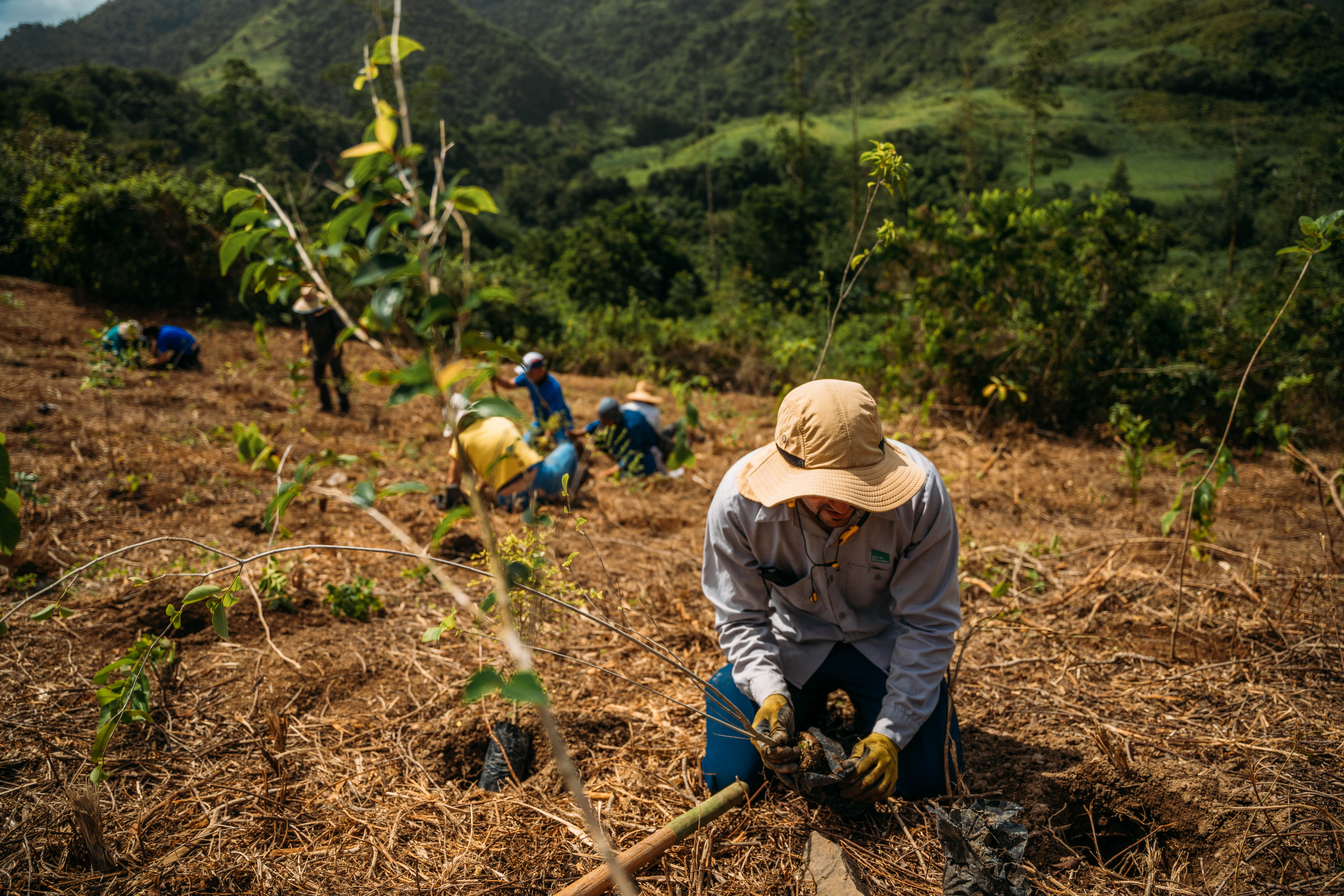
OUR REPORTING
In 2018 we launched our commitment to redefine sustainable travel through our Travel with Purpose 2030 Goals, which align with the United Nation’s Sustainable Development Goals. Our aim through our reporting is to provide a transparent and credible account of progress towards our 2030 Goals, and to engage our stakeholders around the value of responsible travel. We have reported externally on our Travel with Purpose corporate responsibility program since 2012. We measure our performance through LightStay, our award-winning ESG management platform. LightStay allows us to measure, manage and report our environmental and social impact across our global portfolio of more than 7,100 managed and franchised hotels.
Through the disclosures and downloads on this page, we welcome you to explore our journey and performance.
Performance
At Hilton, we closely track and report on our environmental and social impact. We use LightStay, our award-winning ESG management platform, to measure our hotels’ impacts in the communities in which they operate. We believe that transparent external reporting allows us to better engage our stakeholders on the most material issues impacting our business and collaborate on solutions to address them. Accuracy of our data is important to us, which is why we have obtained independent external assurance over the data points listed below.
Environmental Impact

ENERGY AND CARBON
Hilton is committed to reducing our Scope 1 and 2 carbon intensity by 75% by 2030, in line with our science-based targets, and our Scope 3 carbon intensity from franchised hotels by 56% by 2030.

WATER
Hilton is committed to reducing our water use intensity in our managed operations by 50% by 2030.

WASTE
Hilton is committed to reducing our waste intensity in managed operations by 50% by 2030.
Social Impact

COMMUNITIES
Hilton is committed to creating a positive impact on the communities where we live and work, through local support, disaster relief, and economic opportunities.

CONDUCT
Hilton promotes responsible, inclusive conduct across our value chain operations.View Performance
SASB & GRI
We seek to provide material, decision-useful sustainability information to our investors in line with the recommendations of the Sustainability Accounting Standards Board (SASB). We considered SASB’s Hotel & Lodging and Restaurant Standards in developing our table of key SASB metrics for our owned and managed properties. We also report selected SASB data in our 2022 10-K.
The Global Reporting Initiative (GRI) disclosure framework is an internationally recognized set of indicators for economic, environmental and social aspects of business performance. We use our GRI Index to set forth how the GRI framework has been applied to our ESG reporting process, in alignment with global best practices. Our GRI Index provides our stakeholders with the references where they can locate content of interest, and we also provide direct answers to specific indicators covered in the GRI framework.
Assurance
We recognize that the accuracy and credibility of our data is critical to managing our impact and transparently reporting on our performance. That is why we have worked with Dekra Certification, Inc. to obtain limited independent assurance over our environmental impact data (greenhouse gas emissions, energy, water and waste) since 2013. Dekra has also provided limited assurance over our selected social impact metrics since 2018. Please see our 2022 Assurance Statement for more information.